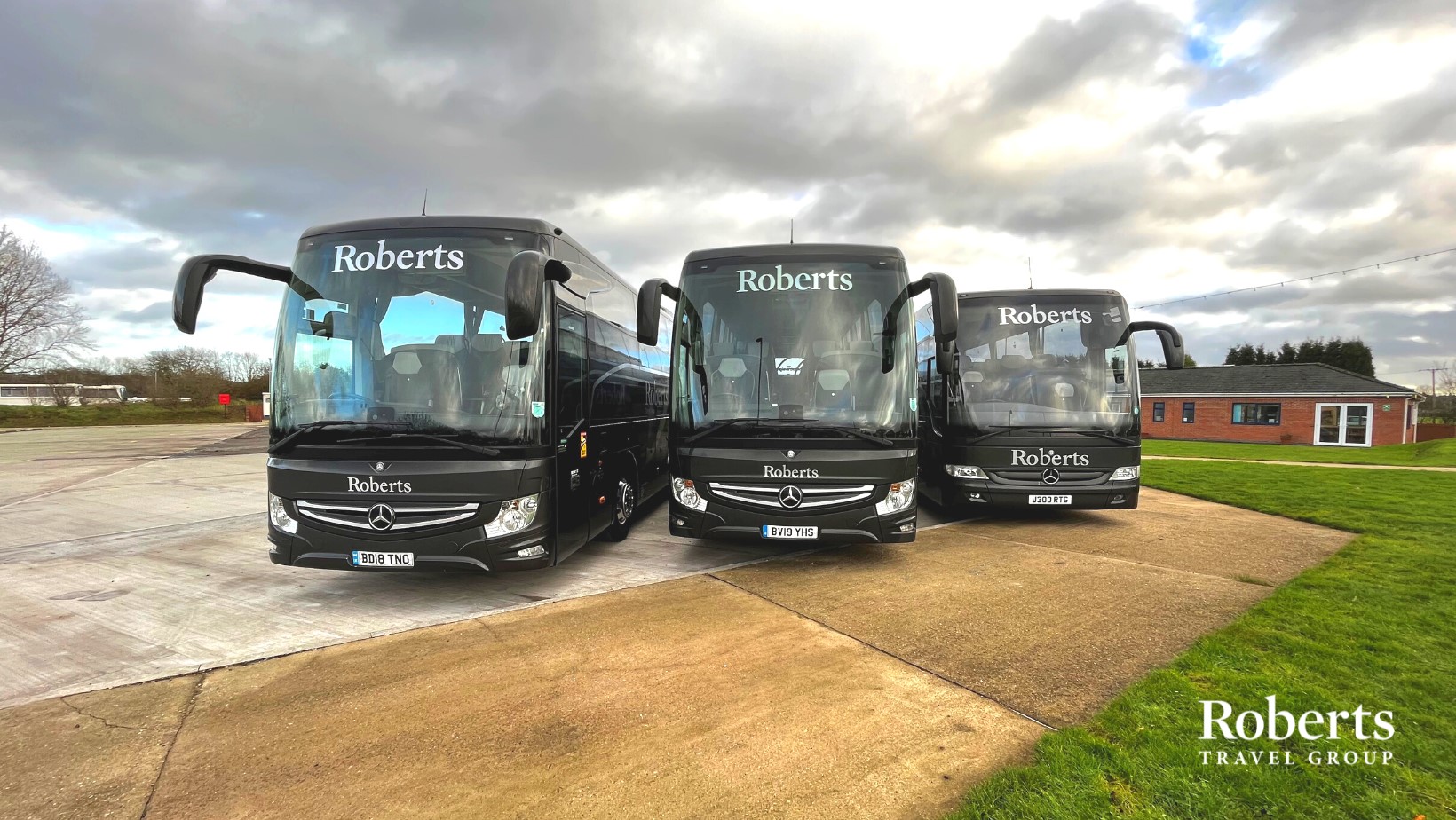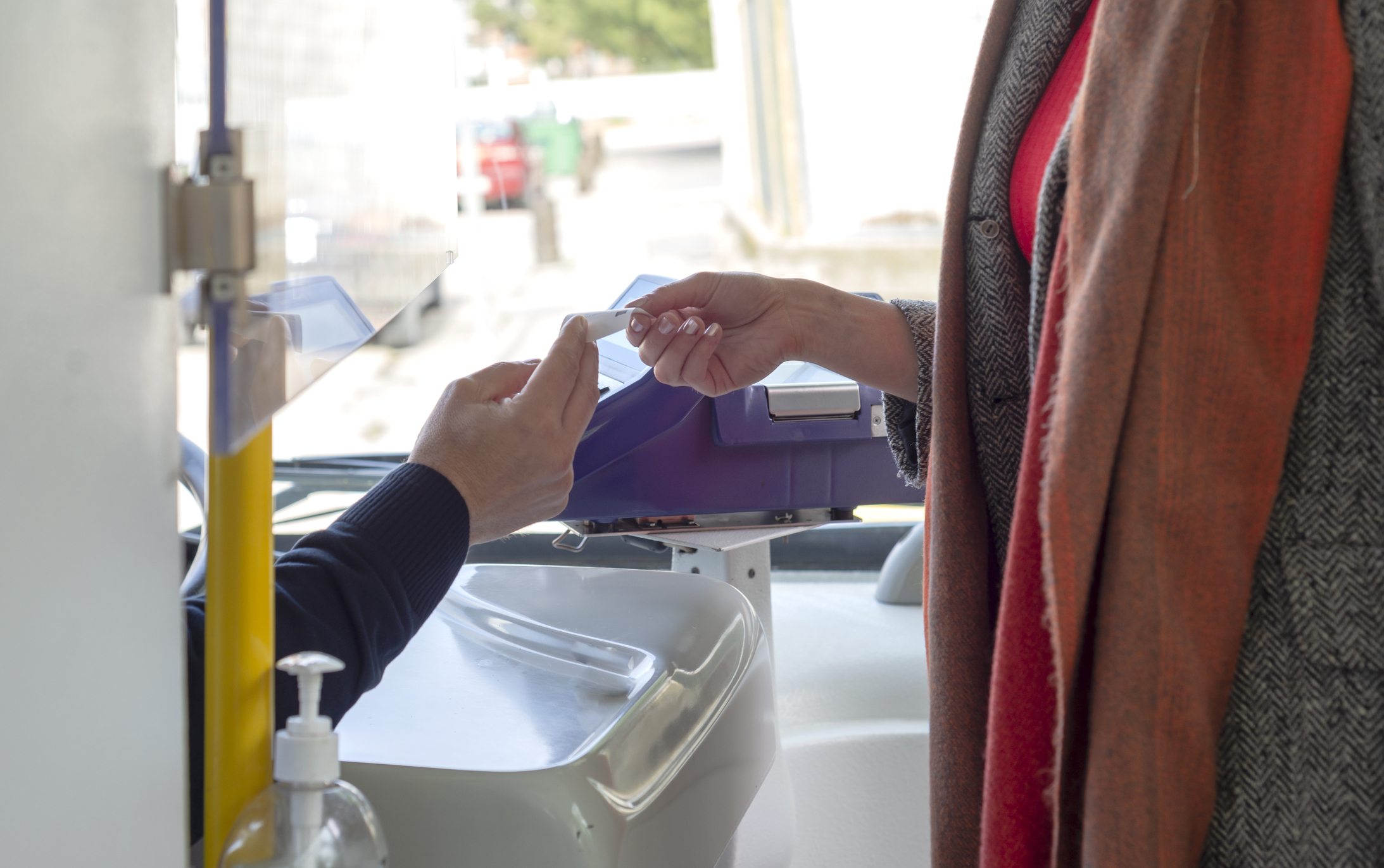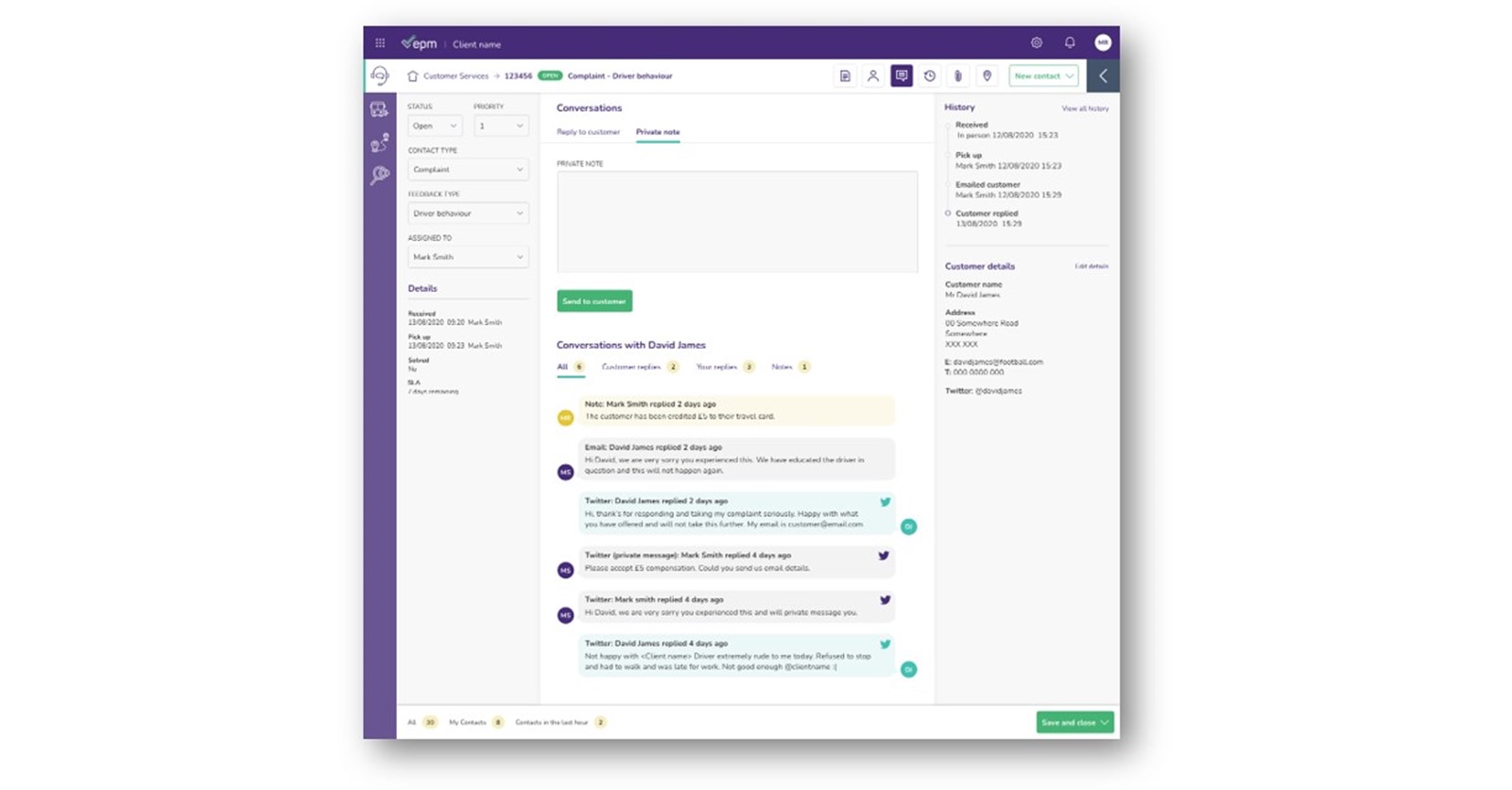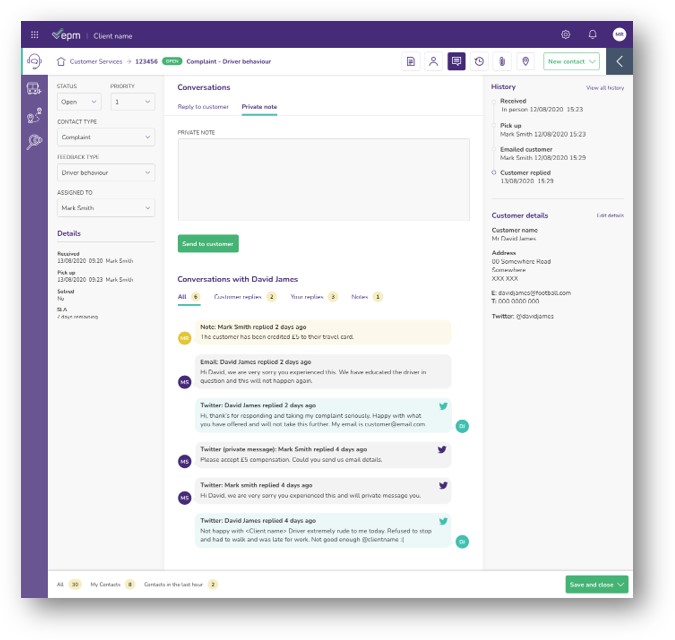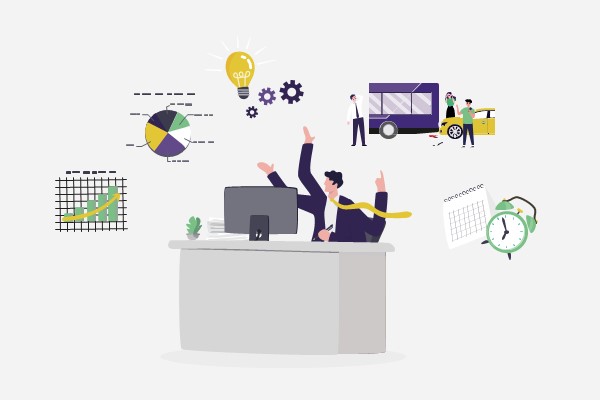
Disruption to bus services has a negative impact on the customer experience so it is important that transport operators can manage re-allocation problems on-the-spot and with the least number of processes for faster resolution.
But the impact of driver shortages and staff sickness is increasing workloads for controllers. They use multiple systems to resolve staff-related operational issues and this eats into their time which would be better spent managing the network. How can operators streamline the recording of bus driver incidents and free up their controllers to focus on higher value work?

Challenge: Time lost to manual data entry
Operators use a range of control room systems – often disparate technology that is not integrated – to record information on absences, customer feedback, accidents, lost mileage, and monitoring punctuality and reliability. Each operational action may also require a record to be made or updated on one or more separate systems.
A staff-related incident, for instance, that results in changes to planned mileage is recorded in the depot allocation system and the bus incident reporting screen. If using disparate data sources (systems which function on their own without sharing data or working with other computer applications), the controller rekeys the same information twice; once in each system. This is not only tedious and time-taking but also makes managing disparate databases difficult as the bus operation grows.
Challenge: Rekeying data leads to errors
There is also a lack of data integrity borne out of two different sources of the same information. Re-entering or transferring data is prone to human errors and lack of precision and can result in varying versions of the same information being entered into different systems. In addition, any discrepancy takes time to identify and rectify.
Furthermore, driver availability issues mean operators are cancelling and amending services in lots of different systems. If the controller is distracted and there is a delay in recording information, the data is logged incorrectly or they forget to enter it in one or more systems, this can result in out-of-date information going out to the end-customer.
Data that is manually entered in multiple systems or generated from a variety of sources can become unreliable if it is not consistent. This, in turn, may lead to difficulties with reporting and poor decision-making, and result in significant cost implications for the operator and directly impact the service to the end customer.
Solution: Reduce duplication with software integration
Operators can overcome these challenges by automating interactions between their data systems and in doing so streamline processes. For instance, staff-related changes recorded in the depot allocation system can automatically transfer to the bus incident reporting screen, meaning data only needs to be entered into one system. This reduces the time required to record the incident, therefore, increasing staff efficiencies, and allows for faster response times to solving problems as they arise.
Software integration also ensures operational data across systems is consistent. The removal of duplicate data entry points reduces the opportunities for human error, providing operators with a single source of truth for decision-making and reporting purposes.
How we can help
With over 30 years’ experience in software and consultancy services, EPM and Omnibus, companies of Velociti Group, has comprehensive knowledge of the passenger transport industry and well-established software solutions to improve operational agility.
Control Hub automatically consolidates operational data from multiple control room systems into one central location, empowering operators to efficiently manage on-the-day issues and achieve significant cost-savings.
For a free consultation, complete the online form.
Ready to take your bus network to the next level?
Get in touch to build a tailored solution today



